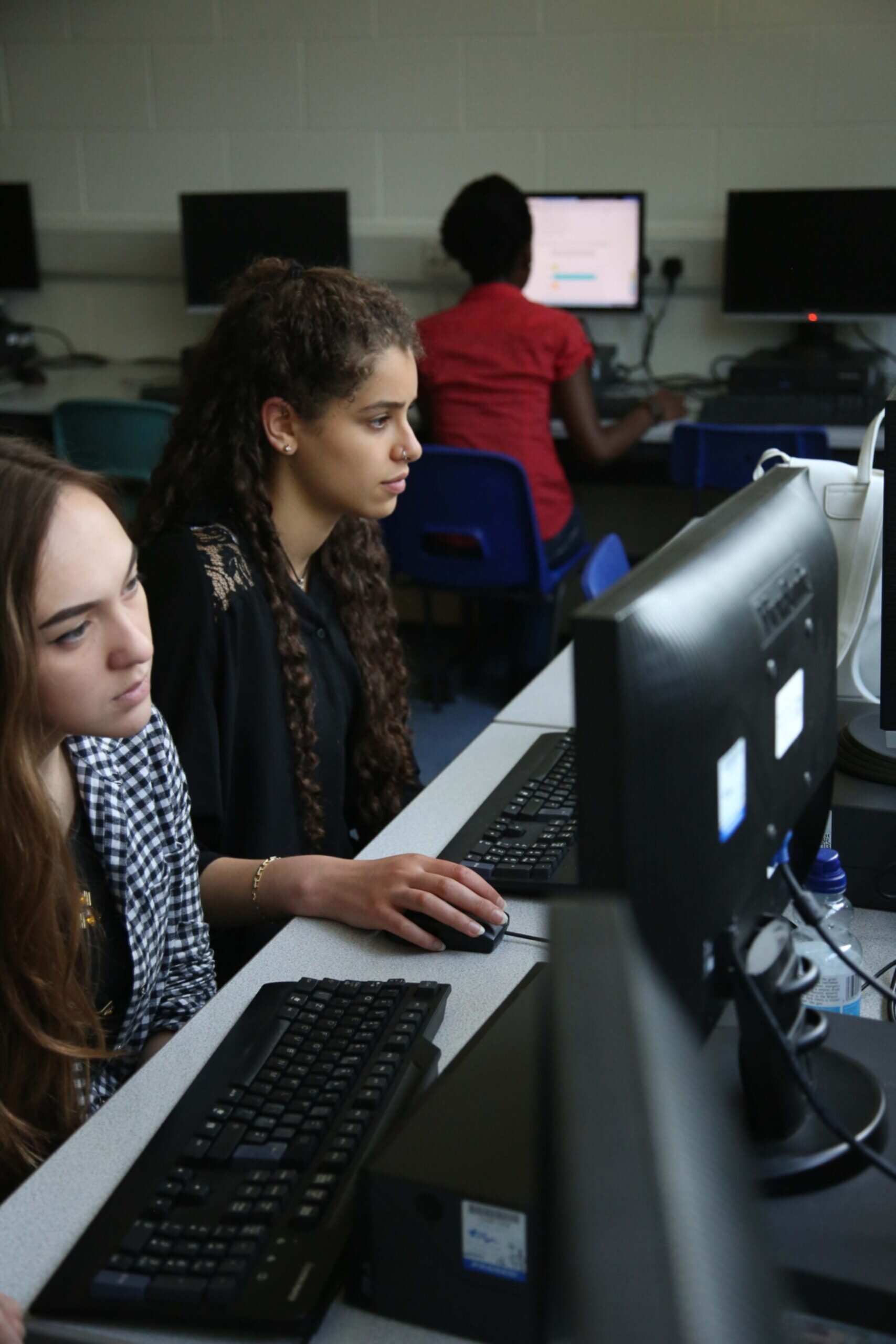
Computer Science A Level
Qualification
A Level
Results
A* - C: 63.6%
Awarding Body
WJEC
Length
2 Years (AS level after first year)
Computer Science A Level Overview
AS Level (year 1)
Unit 1: Fundamentals of Computer Science (2 hr exam)
This unit investigates computer architecture, communication, data representation, data structures, software applications, programs, algorithms, logic, programming methodologies, and the impact of computer science on society.
Unit 2: Practical Programming to Solve Problems (2 hr on-screen exam)
This unit consists of a series of set tasks completed on-screen by candidates. These tasks will assess the practical application of knowledge and understanding and will require the use of Visual Basic.NET, Python or Java as a programming language.
A Level (year 2)
Unit 3: Programming and System Development (2 hr exam)
This component investigates programs, data structure, algorithms, logic, programming methodologies and the impact of computer science on society.
Unit 4: Computer Architecture, Data, Communication and Applications (2 hr exam)
This component investigates computer architecture, communication, data representation, organisation and the structure of data, programs, algorithms, and software applications.
Unit 5: Programmed Solution to a Problem (coursework)
Candidates discuss, investigate, design, prototype, refine and implement, test and evaluate a computerised solution to a problem chosen by the candidate, which must be solved using original code.
This is a substantial piece of work, undertaken over an extended period of time
This course provides an excellent foundation for progression to higher level qualifications in a wide range of subjects as it gives students the opportunity to develop essential cross-curricular skills such a team working, problem solving skills and logical thinking. Careers directly related to Computing would require further study in the field but would include Software Engineer, Programmer, Systems Analyst, Systems Development Engineer and Computer Technician.
6 grade C’s at GCSE, including a grade B in GCSE Maths.
A GCSE in Computer Science is advantageous, but not essential.

